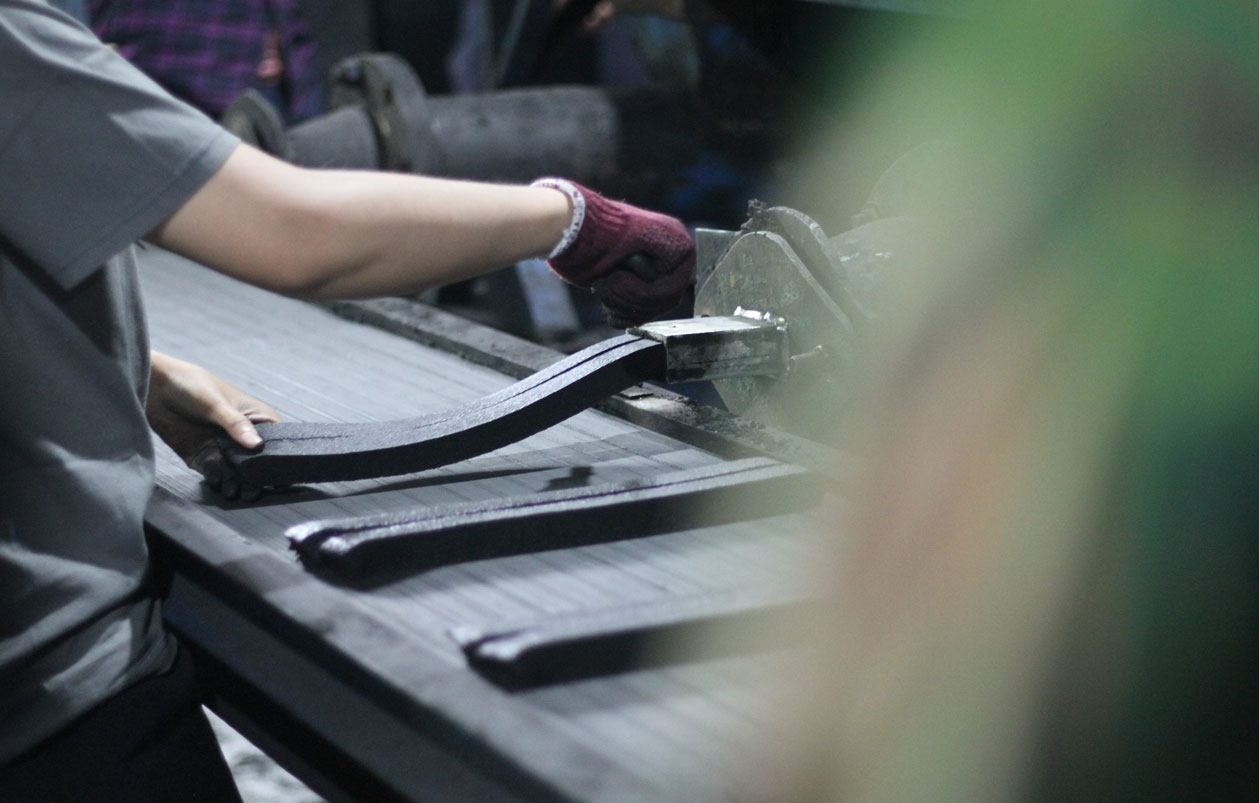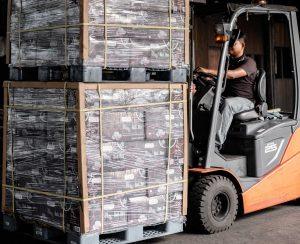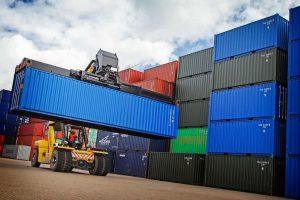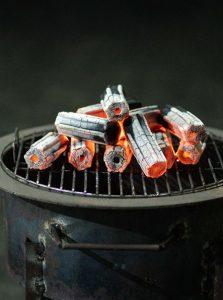Introduction
The global charcoal industry relies heavily on OEM (Original Equipment Manufacturer) production standards to maintain quality, sustainability, and regulatory compliance.
These standards ensure that charcoal products meet the expectations of international markets, particularly in terms of performance, environmental impact, and safety.
For businesses involved in OEM charcoal production, understanding these standards is critical.
Buyers and importers seek suppliers who adhere to rigorous manufacturing, quality control, and sustainability protocols to ensure consistency and compliance with global trade regulations.
This guide will cover the key aspects of OEM factory standards in charcoal production, including:
- The importance of OEM standards in the charcoal industry..
- Quality control measures for OEM charcoal products.
- Sustainable and environmentally responsible manufacturing practices.
- The benefits of choosing an OEM manufacturer for charcoal production.
At the end of this article, you’ll have a comprehensive understanding of how OEM standards shape the charcoal industry and why companies like Omni Coco prioritize these regulations to ensure the highest quality.
What Are OEM Standards of Production?
Defining OEM Standards in Manufacturing
OEM (Original Equipment Manufacturer) standards refer to the guidelines and requirements that manufacturers must follow to produce goods on behalf of another company.
In the charcoal industry, these standards ensure that products meet specific quality, safety, and sustainability benchmarks, allowing businesses to distribute them under their own brand name while maintaining consistency.
OEM charcoal production involves a collaborative approach where a manufacturer produces charcoal based on a buyer’s specifications, branding, and regulatory needs. This process ensures that products are not only high-quality and uniform but also compliant with global trade and environmental regulations.
The Role of OEM Standards in the Charcoal Industry
In the charcoal industry, OEM production standards serve several key purposes:
- Ensuring Consistency – OEM guidelines guarantee that every batch of charcoal meets the same moisture content, carbon composition, and burning efficiency.
- Regulatory Compliance – Manufacturers must align with international standards, such as environmental policies, to enter global markets.
- Quality Assurance – Through rigorous testing and inspection, OEM manufacturers maintain high production standards, reducing defects and ensuring safe, efficient charcoal products.
- Sustainability & Ethical Sourcing – Many OEM standards include eco-friendly practices, such as responsible raw material sourcing, controlled carbonization processes, and reduced emissions.
With increasing demand for sustainable and premium-quality charcoal, adherence to OEM standards is more important than ever for companies looking to remain competitive in the market.
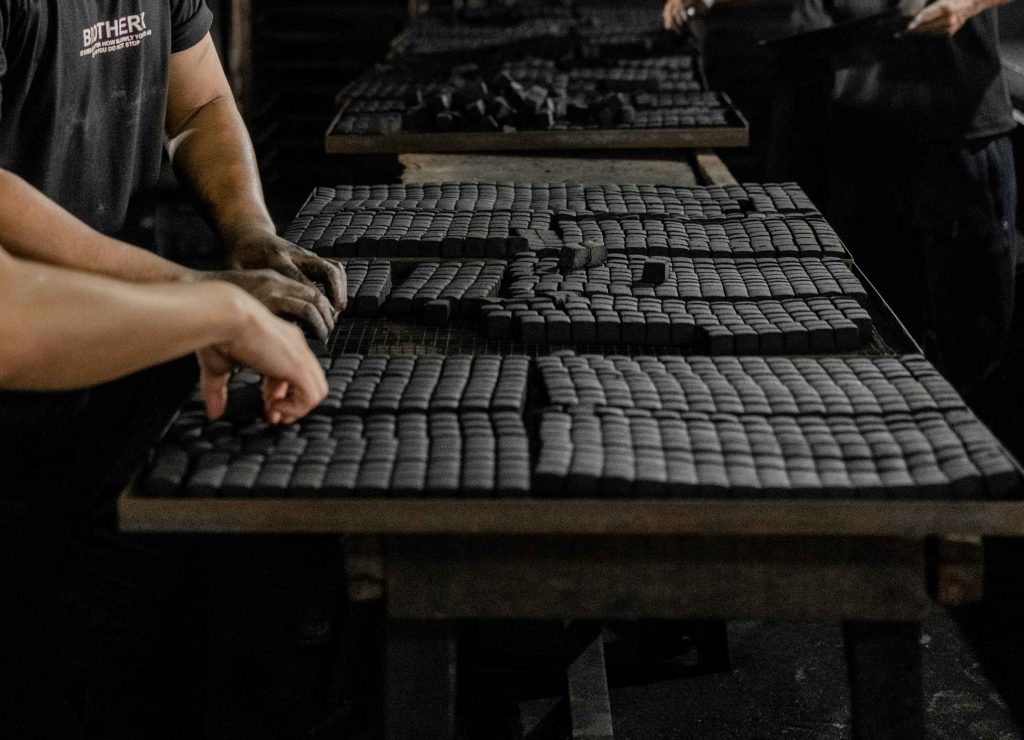
The OEM Charcoal Production Process
The OEM charcoal production process follows a structured approach to ensure quality, consistency, and compliance with global standards. From sourcing raw materials to the final packaging, every step is carefully monitored to meet customer specifications and international regulations.
1. Selection of Raw Materials
The first step in OEM charcoal production is selecting the right raw materials, which impact the burning efficiency, sustainability, and carbon content of the final product. Common materials include:
- Coconut Shells – A renewable and eco-friendly source, producing high-density charcoal with minimal smoke.
- Hardwood (e.g., Mangrove, Acacia, or Oak) – Offers long-lasting burn time but must be responsibly sourced to avoid deforestation.
- Bamboo and Sawdust Briquettes – Sustainable alternatives known for their uniform shape and consistent heat output.
The choice of raw material depends on OEM buyer requirements and the intended use of the charcoal (e.g., grilling, industrial heating, or water filtration).
2. Carbonization and Processing
Once the raw materials are selected, they undergo carbonization, a process that converts organic matter into high-quality charcoal. The key steps include:
- Slow Pyrolysis – Heating raw materials in a low-oxygen environment to remove moisture and volatile compounds, increasing carbon content.
- Temperature Control – Maintaining the right temperature (typically 500–700°C) to ensure proper charcoal formation without excessive ash or impurities.
- Cooling and Sorting – After carbonization, the charcoal is cooled, crushed (if needed), and sorted into different sizes and shapes based on specifications.
This process ensures the charcoal meets OEM production standards, such as consistent burn time, high calorific value, and low smoke emission.
3. Testing and Quality Control Before Export
To maintain high standards, quality control checks are conducted at various stages of production. These include:
- Moisture Content Testing – Ensures charcoal has the optimal dryness level (typically below 10%) to prevent spoilage during storage.
- Density and Fixed Carbon Tests – Determines burn efficiency and heat output, crucial for grilling and industrial applications.
- Ash and Volatile Matter Analysis – Measures the cleanliness of combustion and overall performance.
- Packaging Integrity Checks – Ensures charcoal is properly sealed to prevent moisture absorption and contamination.
Once products pass these tests, they are branded, packaged, and prepared for export under the buyer’s OEM specifications.
Why a Structured Production Process Matters
A well-defined OEM production process guarantees that:
- Buyers receive charcoal that meets international standards.
- Manufacturers optimize production efficiency and reduce waste.
- Products remain consistent, ensuring customer satisfaction.
Quality Control Measures in OEM Charcoal Production
Maintaining strict quality control is essential in OEM charcoal production to ensure that every batch meets buyer specifications, industry regulations, and international standards.
Quality control involves testing, monitoring, and inspection at multiple stages, from raw material selection to final packaging.
1. Moisture and Density Testing
The moisture and density levels of charcoal affect burning efficiency, longevity, and storage stability. OEM manufacturers conduct rigorous tests to maintain optimal levels:
- Moisture Content Test – Ensures the charcoal remains below 10% moisture to prevent mold growth and combustion issues.
- Density Measurement – High-density charcoal burns longer and produces less ash, making it ideal for premium grilling and industrial use.
Maintaining consistent moisture and density ensures that the charcoal performs reliably across different applications.
2. Combustion Standards and Carbon Emissions
Charcoal quality is directly linked to combustion efficiency and emissions. To ensure compliance with environmental and performance standards, OEM manufacturers test for:
- Fixed Carbon Content – Determines the energy output and burn duration. High fixed carbon levels (above 75%) indicate better fuel efficiency.
- Ash Content – Lower ash content (typically below 5%) means cleaner burning charcoal with minimal residue.
- Volatile Matter Levels – Affects smoke production and ignition time. Proper carbonization reduces unwanted smoke and odors.
By maintaining strict combustion quality control, manufacturers produce charcoal that burns cleanly, efficiently, and safely.
3. Packaging and Storage Inspections
Packaging plays a crucial role in preserving charcoal quality during transportation and storage. Key quality control measures include:
- Sealed Packaging Inspection – Prevents exposure to humidity and contaminants that could compromise charcoal performance.
- Weight and Volume Checks – Ensures that each package contains the correct amount of charcoal as per OEM specifications.
- Storage Condition Monitoring – Warehouses must maintain optimal temperature and humidity levels to prevent product degradation.
Proper packaging and storage extend the shelf life of charcoal, ensuring it reaches the buyer in optimal condition.
Why Quality Control Is Crucial in OEM Charcoal Production
By implementing rigorous quality control measures, OEM manufacturers guarantee that their charcoal meets the highest standards for performance, safety, and sustainability. This results in:
- Consistent product quality for international buyers.
- Reduced defects and returns, improving customer satisfaction.
- Compliance with global trade and environmental regulations.
Manufacturers like Omni Coco prioritize quality assurance at every stage, ensuring that OEM charcoal products are reliable, sustainable, and ready for export.
Sustainability and Environmental Compliance in OEM Charcoal Production
With rising global concerns about deforestation, carbon emissions, and responsible sourcing, sustainability has become a key priority in OEM charcoal production.
Manufacturers must comply with environmental regulations to minimize their ecological footprint while ensuring efficient, high-quality charcoal production.
1. Environmentally Friendly Manufacturing Practices
Sustainable charcoal production focuses on reducing environmental impact throughout the manufacturing process. Key initiatives include:
- Use of Renewable Raw Materials – Many OEM manufacturers use coconut shells, bamboo, or FSC-certified wood to prevent deforestation.
- Efficient Carbonization Methods – Modern kilns with low-emission technology reduce greenhouse gas output and improve energy efficiency.
- Waste Reduction and Recycling – Utilizing byproducts like charcoal dust for briquette production reduces material waste.
By adopting eco-friendly practices, manufacturers lower their carbon footprint while producing high-performance charcoal.
2. Compliance with Global Environmental Regulations
OEM charcoal manufacturers must meet strict environmental standards to enter international markets. These include:
- FSC (Forest Stewardship Council) Guarantees the use of sustainably sourced wood in charcoal production.
- European Union Timber Regulation (EUTR) Compliance – Prevents illegally harvested wood from being used in manufacturing.
These things assure buyers that the charcoal is produced responsibly, reducing environmental harm.
3. Impact of Sustainable Raw Material Sourcing
Sourcing eco-friendly materials is crucial for maintaining sustainability in OEM charcoal production. Key benefits include:
- Preserving Natural Forests – Using coconut shell or bamboo-based charcoal helps reduce deforestation.
- Supporting Local Communities – Sustainable sourcing provides fair economic opportunities for local farmers and suppliers.
- Reducing Carbon Footprint – Ethically sourced raw materials result in lower emissions and energy consumption.
Why Sustainability Matters in OEM Charcoal Production
A commitment to environmental compliance and sustainability benefits both manufacturers and buyers:
- Manufacturers gain access to eco-conscious global markets.
- Buyers receive high-quality, responsibly produced charcoal.
- The industry moves toward long-term environmental responsibility.
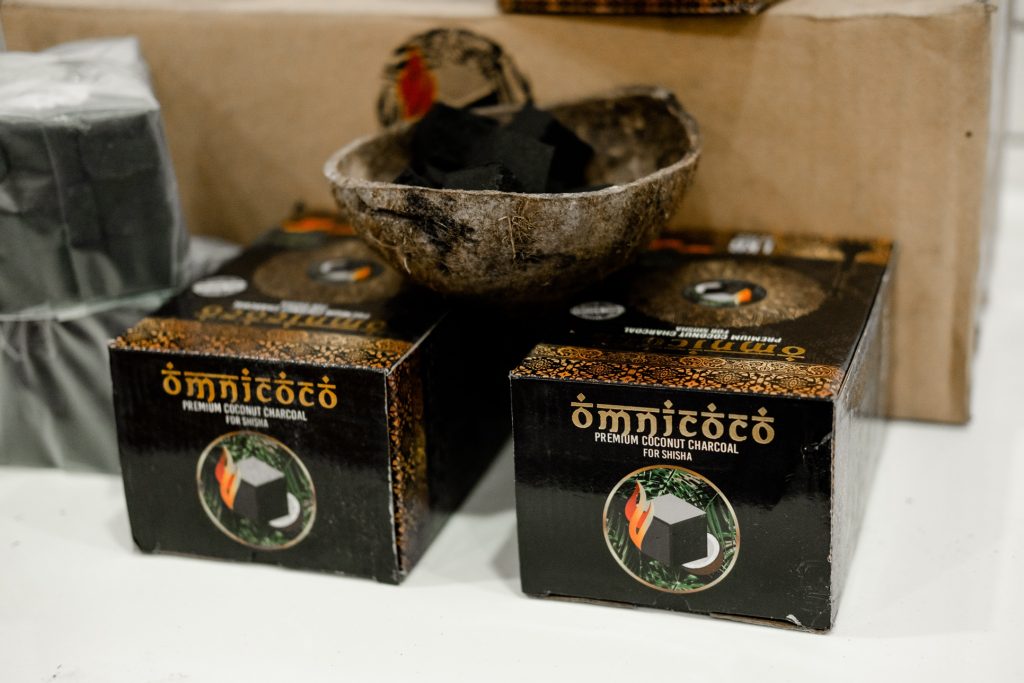
Why Choose an OEM Manufacturer for Charcoal?
OEM manufacturing offers significant advantages for companies looking to sell high-quality charcoal under their own brand.
By partnering with an OEM charcoal manufacturer, businesses gain access to expert production, cost-effective solutions, and regulatory compliance without the need for their own production facilities.
1. Benefits of Using OEM for Charcoal Production
Choosing an OEM charcoal supplier provides several key benefits:
- Consistent Product Quality – OEM manufacturers follow strict production standards, ensuring uniform moisture levels, density, and combustion efficiency across all batches.
- Cost Efficiency – Companies save on production setup, equipment, and labor costs, allowing them to focus on branding and marketing.
- Access to Advanced Technology – Leading OEM manufacturers use modern carbonization techniques and quality control processes that ensure superior charcoal performance.
- Scalability – Businesses can scale up or down production based on market demand without operational constraints.
- Regulatory Compliance – OEM partners handle compliance with ISO, FSC, and ASTM standards, ensuring hassle-free exports to international markets.
2. How Omni Coco Ensures OEM Charcoal Quality
As a leading OEM charcoal manufacturer, Omni Coco adheres to the highest industry standards to deliver premium-quality, sustainable charcoal. Here’s how:
- Strict Raw Material Selection – Using only sustainably sourced coconut shells and hardwood, ensuring high carbon content and low ash residue.
- Advanced Carbonization Process – Utilizing low-emission kilns for an eco-friendly, efficient production process.
- Comprehensive Quality Control – Conducting moisture, density, and combustion tests to meet buyer specifications.
- Custom Packaging & Branding – Offering private label solutions, allowing companies to market the charcoal under their own brand while ensuring premium quality.
Also Read : Supplier Risk Analysis: Key Frameworks to Protect Your Business from Disruptions
Conclusion
OEM standards of production play a critical role in the charcoal industry by ensuring quality, sustainability, and compliance with international regulations.
Manufacturers that adhere to these standards produce high-performance charcoal that meets the needs of global buyers while maintaining environmental responsibility.
Key Takeaways
- OEM standards ensure consistent quality, from raw material selection to packaging and export.
- Guarantees safe, eco-friendly, and high-quality charcoal.
- Rigorous quality control processes maintain moisture content, density, and combustion efficiency, preventing defects.
- Sustainable practices like responsible sourcing and low-emission carbonization reduce environmental impact.
- Choosing an OEM manufacturer like Omni Coco allows businesses to save costs, scale production, and enter international markets with confidence.
For companies looking to source reliable, certified, and private-label charcoal, partnering with a trusted OEM manufacturer ensures a competitive edge in the industry.
If you are looking for an charcoal OEM factory, you can visit us on this site. At OmniCo, we offer a variety of natural charcoal products to suit your needs. We have shisha coconut charcoal, BBQ coconut charcoal, and hexagonal hardwood charcoal.
